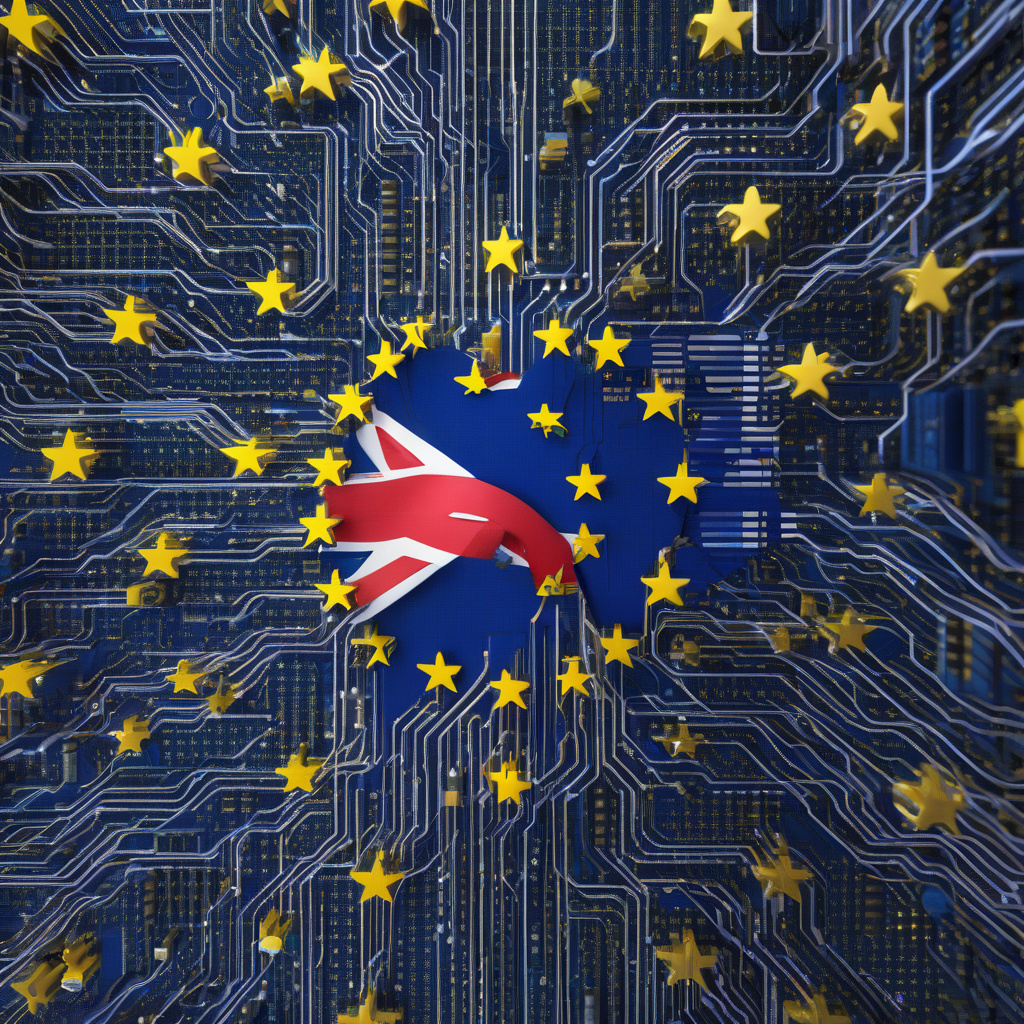Meta to Use EU User Data for AI Training Amid Scrutiny
Meta, formerly known as Facebook, has been under intense scrutiny in recent years over its handling of user data and privacy concerns. However, despite facing delays and regulatory challenges, the tech giant has made a bold move by launching AI training initiatives in Europe that involve the use of public adult content. This decision comes with strict limitations, as Meta has vowed to exclude private messages and any data related to users under the age of 18.
The use of AI in training and development has become increasingly prevalent across various industries, from healthcare to finance, and now social media platforms. By leveraging vast amounts of data, companies like Meta can enhance their algorithms and improve user experiences. However, the use of sensitive information, such as adult content, raises important questions about privacy, ethics, and data security.
One of the key concerns surrounding Meta’s AI training initiatives is the potential for misuse or mishandling of user data. Given the company’s track record of data breaches and controversies, it is understandable why regulators and users alike are wary of Meta’s latest move. The European Union, in particular, has stringent data protection laws under the General Data Protection Regulation (GDPR), which require companies to obtain explicit consent before processing personal data.
In response to these concerns, Meta has emphasized its commitment to upholding user privacy and complying with EU regulations. By excluding private messages and data from underage users, the company aims to strike a balance between innovation and data protection. Moreover, Meta has stated that the AI training will be conducted in a secure environment with strict oversight to prevent any unauthorized access or misuse of data.
While Meta’s use of public adult content for AI training may raise eyebrows, it is essential to consider the potential benefits of such initiatives. By improving its algorithms and enhancing content moderation systems, Meta can create a safer and more engaging platform for users. Additionally, AI technologies can help identify and remove harmful content, such as hate speech and misinformation, more effectively than manual moderation alone.
As the technology landscape continues to evolve, companies like Meta must navigate the complex terrain of data privacy and ethical AI development. By engaging with regulators, privacy advocates, and users, Meta can build trust and credibility in its AI initiatives. Transparency, accountability, and a commitment to user rights will be crucial in shaping the future of AI training and data usage in the digital age.
In conclusion, Meta’s decision to use EU user data for AI training marks a significant step in the company’s efforts to leverage technology for social good. While challenges and concerns remain, the potential benefits of improved algorithms and content moderation are hard to ignore. As Meta continues to tread carefully in this space, all eyes will be on how the company balances innovation with privacy protection in the ever-changing digital landscape.
Meta, EU, AI, Data Privacy, User Rights












